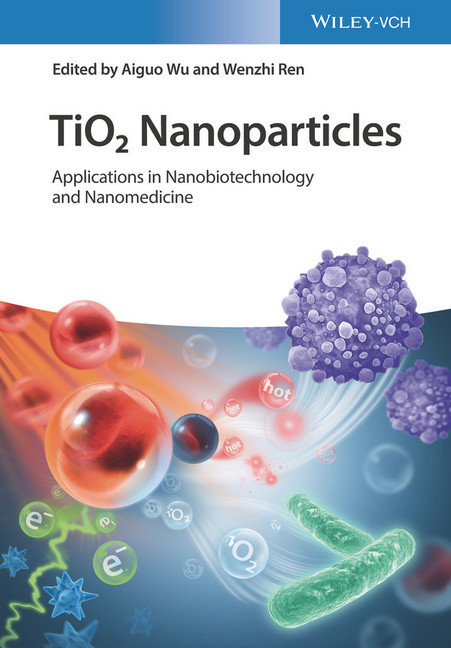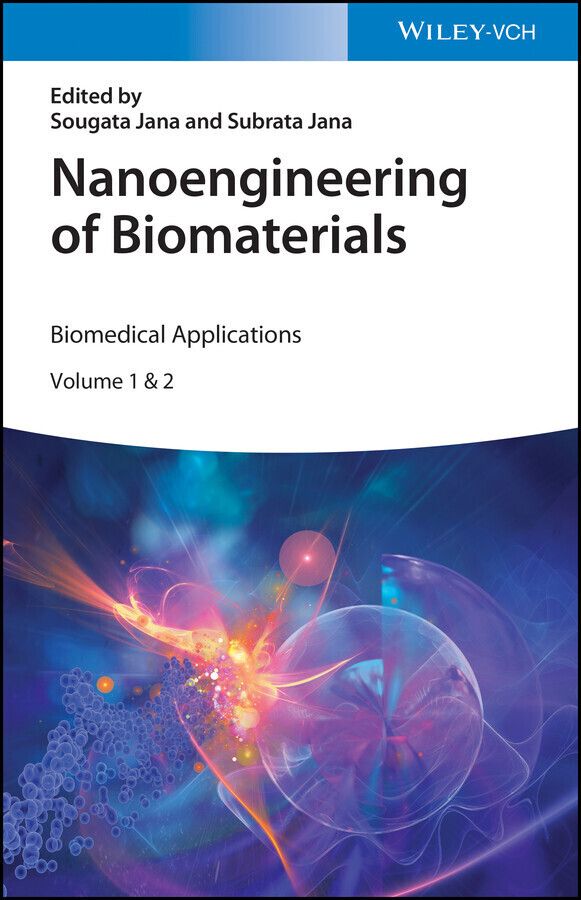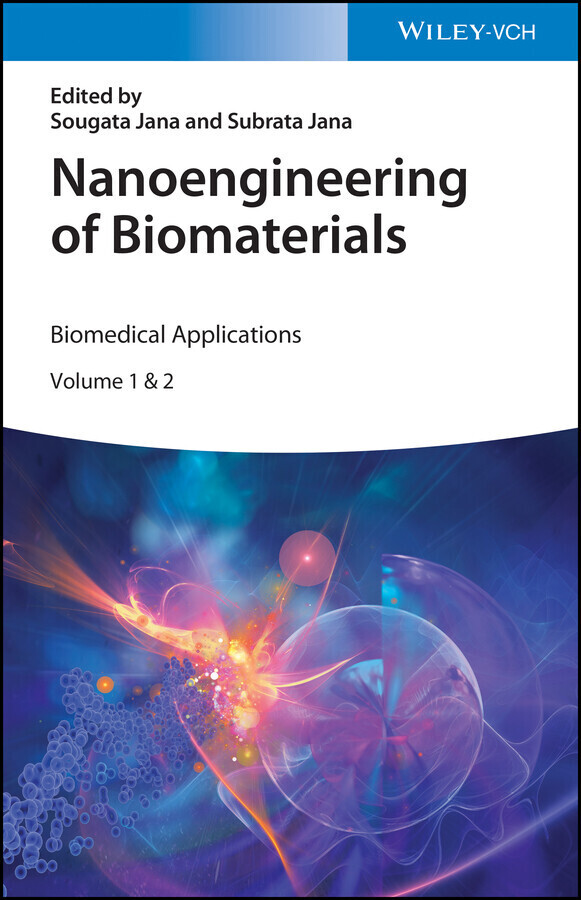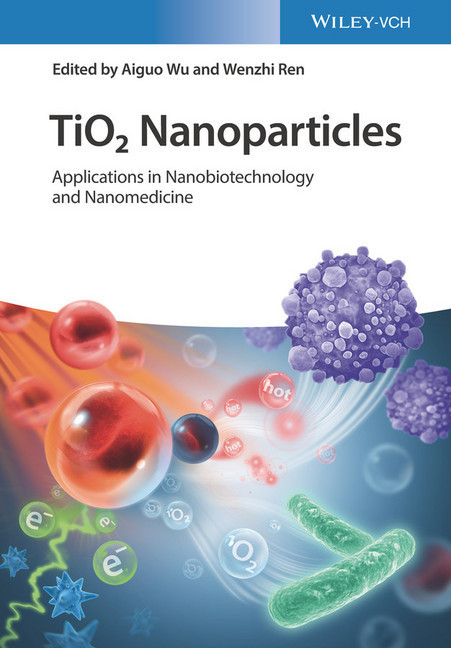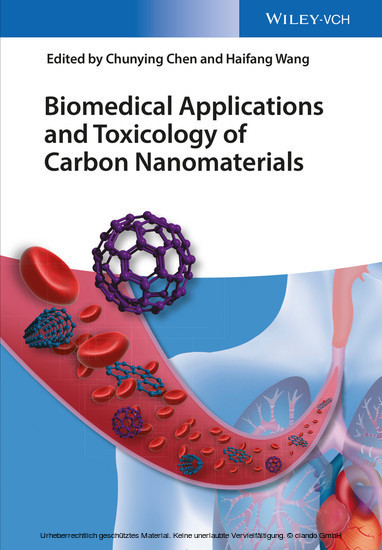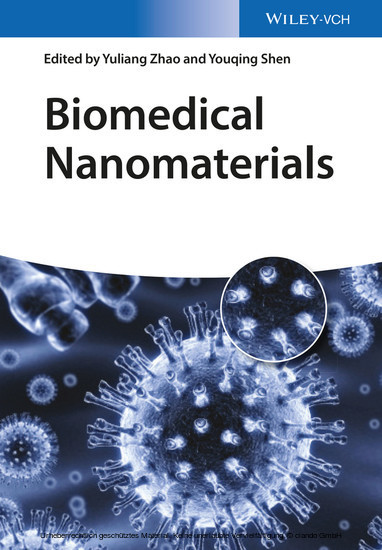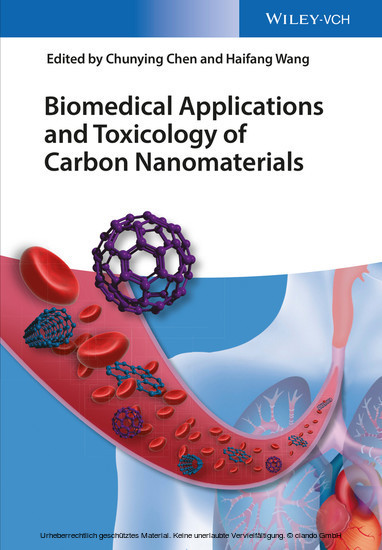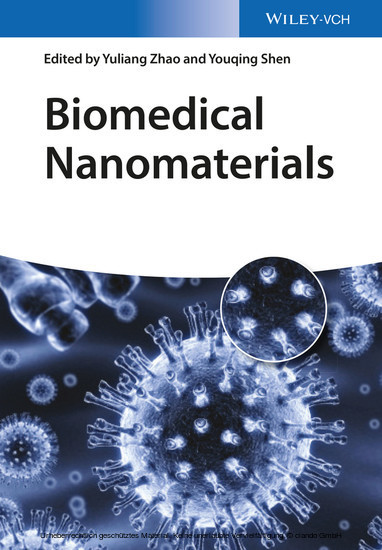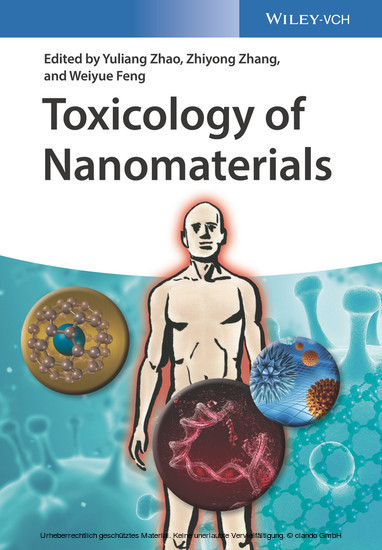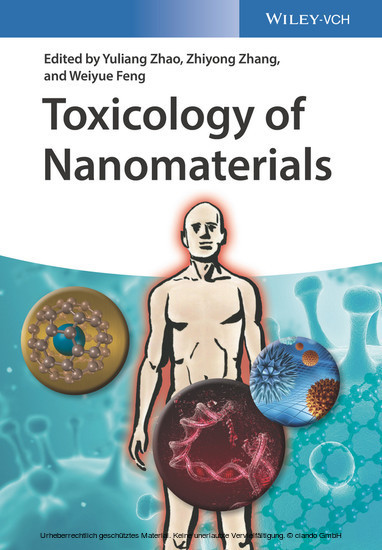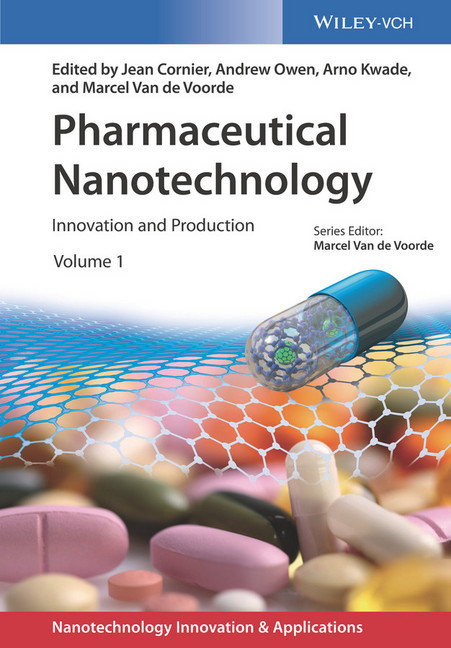TiO2 Nanoparticles
Applications in Nanobiotechnology and Nanomedicine
A unique book that summarizes the properties, toxicology, and biomedical applications of TiO2-based nanoparticles
Nanotechnology is becoming increasingly important for products used in our daily lives. Nanometer-sized titanium dioxide (TiO2) are widely used in industry for different purposes, such as painting, sunscreen, printing, cosmetics, biomedicine, and so on. This book summarizes the advances of TiO2 based nanobiotechnology and nanomedicine, covering materials properties, toxicological research, and biomedical application, such as antibacter, biosensing, and cancer theranostics. It uniquely integrates the TiO2 applications from physical properties, toxicology to various biomedical applications, and includes black TiO2 based cancer theranostics.
Beginning with a comprehensive introduction to the properties and applications of nanoparticles, TiO2 Nanoparticles: Applications in Nanobiotechnology, Theranostics and Nanomedicine offers chapters on: Toxicity of TiO2 Nanoparticles; Antibacterial Applications of TiO2 Nanoparticles; Surface Enhanced Raman Spectrum of TiO2 Nanoparticle for Biosensing (TiO2 Nanoparticle Served as SERS Sensing Substrate); TiO2 as Inorganic Photosensitizer for Photodynamic Therapy; Cancer Theranostics of Black TiO2 Nanoparticles; and Neurodegenerative Disease Diagnostics and Therapy of TiO2-Based Nanoparticles. This title:
-Blends the physical properties, toxicology of TiO2 nanoparticles to the many biomedical applications
-Includes black TiO2 based cancer theranostics in its coverage
-Appeals to a broad audience of researchers in academia and industry working on nanomaterials-based biosensing, drug delivery, nanomedicine
TiO2 Nanoparticles: Applications in Nanobiotechnology, Theranostics and Nanomedicine is an ideal book for medicinal chemists, analytical chemists, biochemists, materials scientists, toxicologists, and those in the pharmaceutical industry.
Professor Aiguo Wu is the deputy director of Division of Functional Materials and Nanodevices, Ningbo Institute of Materials Technology and Engineering (NIMTE), Chinese Academy of Sciences (CAS). He received his PhD degree in 2003 from Changchun Institute of Applied Chemistry, CAS, supervised by Prof. Erkang Wang and Prof. Zhuang Li. He stayed at the University of Marburg (Prof. Norbert A. Hampp group) in Germany during 2004-2005, California Institute of Technology (Prof. Ahmed Zewail group) in USA during 2005-2006 and Feinberg School of Medicine in Northwestern University (Prof. Gayle E. Woloschak group) in USA during 2006-2009. In 2015, he returned to the University of Marburg, Germany as a visiting Professor. In 2009, he joined NIMTE as a PI. Prof. Wu has published over 160 papers in peer reviewed journals (Cited > 5300 times, H-index = 40), one book and three book chapters, and applied for 109 patents. His research focuses on using nanoprobes for early diagnosis, imaging, therapy and theranostics of diseases, particularly on iron oxide-based nanoprobes in cancer, etc.
Nanotechnology is becoming increasingly important for products used in our daily lives. Nanometer-sized titanium dioxide (TiO2) are widely used in industry for different purposes, such as painting, sunscreen, printing, cosmetics, biomedicine, and so on. This book summarizes the advances of TiO2 based nanobiotechnology and nanomedicine, covering materials properties, toxicological research, and biomedical application, such as antibacter, biosensing, and cancer theranostics. It uniquely integrates the TiO2 applications from physical properties, toxicology to various biomedical applications, and includes black TiO2 based cancer theranostics.
Beginning with a comprehensive introduction to the properties and applications of nanoparticles, TiO2 Nanoparticles: Applications in Nanobiotechnology, Theranostics and Nanomedicine offers chapters on: Toxicity of TiO2 Nanoparticles; Antibacterial Applications of TiO2 Nanoparticles; Surface Enhanced Raman Spectrum of TiO2 Nanoparticle for Biosensing (TiO2 Nanoparticle Served as SERS Sensing Substrate); TiO2 as Inorganic Photosensitizer for Photodynamic Therapy; Cancer Theranostics of Black TiO2 Nanoparticles; and Neurodegenerative Disease Diagnostics and Therapy of TiO2-Based Nanoparticles. This title:
-Blends the physical properties, toxicology of TiO2 nanoparticles to the many biomedical applications
-Includes black TiO2 based cancer theranostics in its coverage
-Appeals to a broad audience of researchers in academia and industry working on nanomaterials-based biosensing, drug delivery, nanomedicine
TiO2 Nanoparticles: Applications in Nanobiotechnology, Theranostics and Nanomedicine is an ideal book for medicinal chemists, analytical chemists, biochemists, materials scientists, toxicologists, and those in the pharmaceutical industry.
Professor Aiguo Wu is the deputy director of Division of Functional Materials and Nanodevices, Ningbo Institute of Materials Technology and Engineering (NIMTE), Chinese Academy of Sciences (CAS). He received his PhD degree in 2003 from Changchun Institute of Applied Chemistry, CAS, supervised by Prof. Erkang Wang and Prof. Zhuang Li. He stayed at the University of Marburg (Prof. Norbert A. Hampp group) in Germany during 2004-2005, California Institute of Technology (Prof. Ahmed Zewail group) in USA during 2005-2006 and Feinberg School of Medicine in Northwestern University (Prof. Gayle E. Woloschak group) in USA during 2006-2009. In 2015, he returned to the University of Marburg, Germany as a visiting Professor. In 2009, he joined NIMTE as a PI. Prof. Wu has published over 160 papers in peer reviewed journals (Cited > 5300 times, H-index = 40), one book and three book chapters, and applied for 109 patents. His research focuses on using nanoprobes for early diagnosis, imaging, therapy and theranostics of diseases, particularly on iron oxide-based nanoprobes in cancer, etc.
| ISBN | 9783527825455 |
|---|---|
| Artikelnummer | 9783527825455 |
| Medientyp | E-Book - PDF |
| Copyrightjahr | 2020 |
| Verlag | Wiley-VCH |
| Umfang | 256 Seiten |
| Sprache | Englisch |
| Kopierschutz | Adobe DRM |

